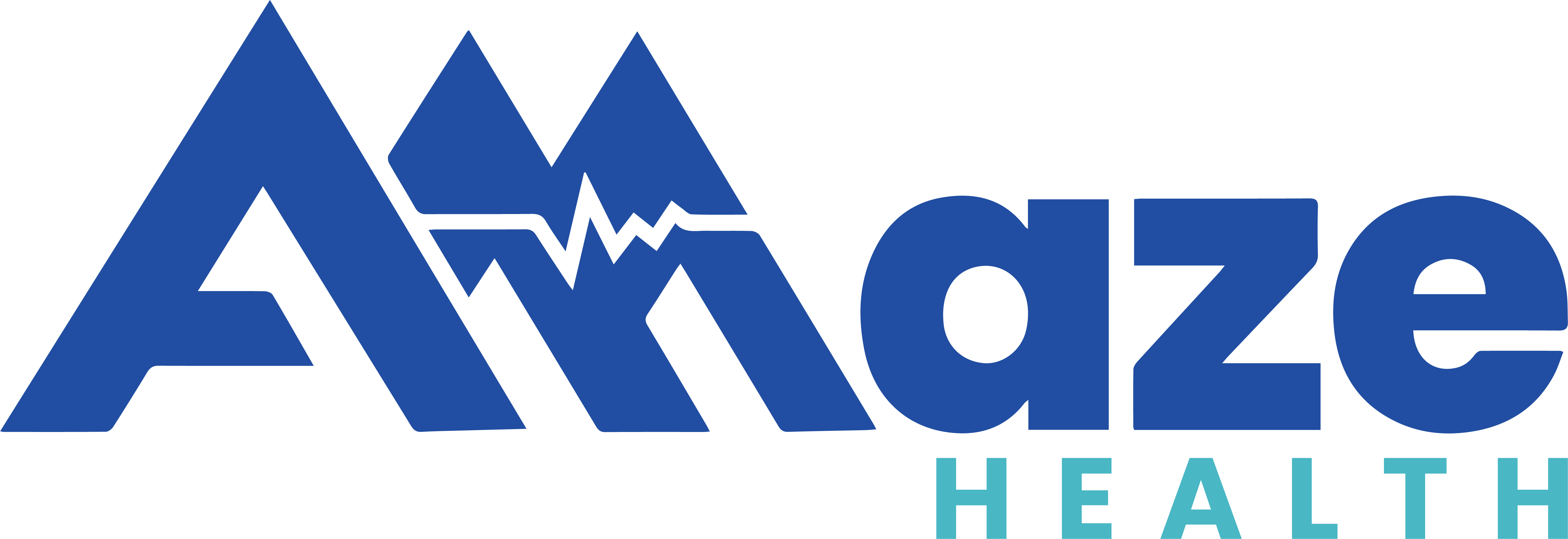The Truth About Cholesterol and Your Heart
For years, doctors and patients alike have believed that cholesterol levels are the best predictor of heart disease.
But emerging science is showing that the longstanding approaches to lowering cholesterol, such as low-fat/low-cholesterol diets and statin drugs, may not be targeting and treating some of the more important causes of heart disease.
Dietary Cholesterol Versus Serum Cholesterol
The laser focus on the link between dietary cholesterol and heart disease began with a flawed 1968 research review which led to American Heart Association (AHA) recommendations that people reduce their intake of high cholesterol foods like butter, eggs and shrimp.
When it was finally revealed that it was serum cholesterol, not dietary cholesterol, that was linked to heart disease, plenty of foods had already earned very bad reputations.
Dietary cholesterol is the cholesterol that you eat. Serum cholesterol is the cholesterol in your blood. As it turns out, eating foods high in cholesterol, like eggs, does not raise your serum cholesterol.
Good Cholesterol (HDL) Versus Bad Cholesterol (LDL)
Once the link between serum cholesterol and cardiovascular disease (CVD) was broadly established, pharmaceutical companies swung into action, creating cholesterol lowering drugs (statins) and promoting research suggesting that almost anybody could benefit from a daily statin.
With this in mind, the American College of Cardiology (ACC) and the AHA issued recommendations that anyone with total cholesterol levels above 200 should discuss pharmaceutical intervention with a physician, and statins became a $14 billion industry. By the time the AHA started separating good cholesterol (HDL) from bad cholesterol (LDL), many patients had been taking daily statins for several years even if their high numbers were caused by high HDL.
Regardless of the bad hype, your body needs cholesterol to function properly. Cholesterol aids in the formation of cell membranes, is used to produce hormones like testosterone and estrogen, and supports digestion.
Additionally, HDL, or “good” cholesterol, is helpful in that it sweeps and patches your blood vessels, reducing the areas where LDL, or “bad” cholesterol, can accumulate and cause blockages in your vessels. In fact, high HDL is as good, or better, than a statin for mitigating the risk of heart disease. And you can increase your HDL with lifestyle changes.
